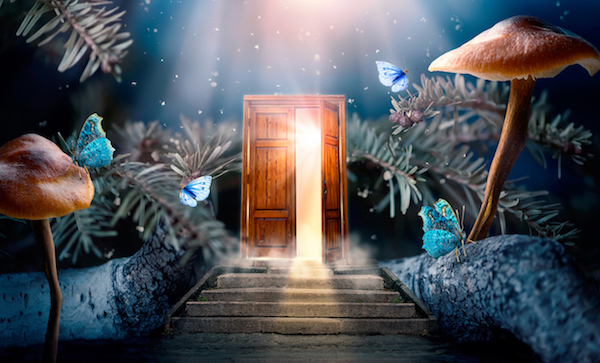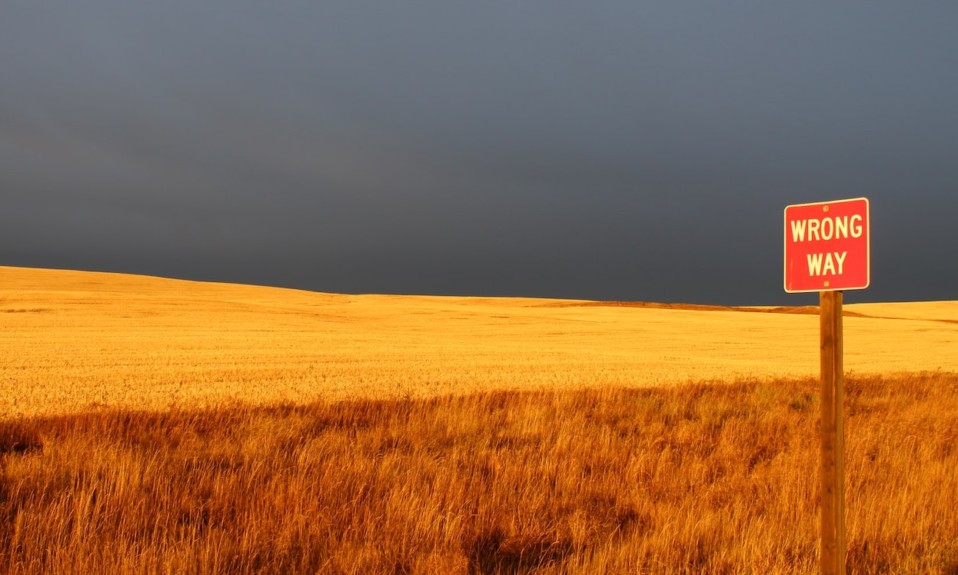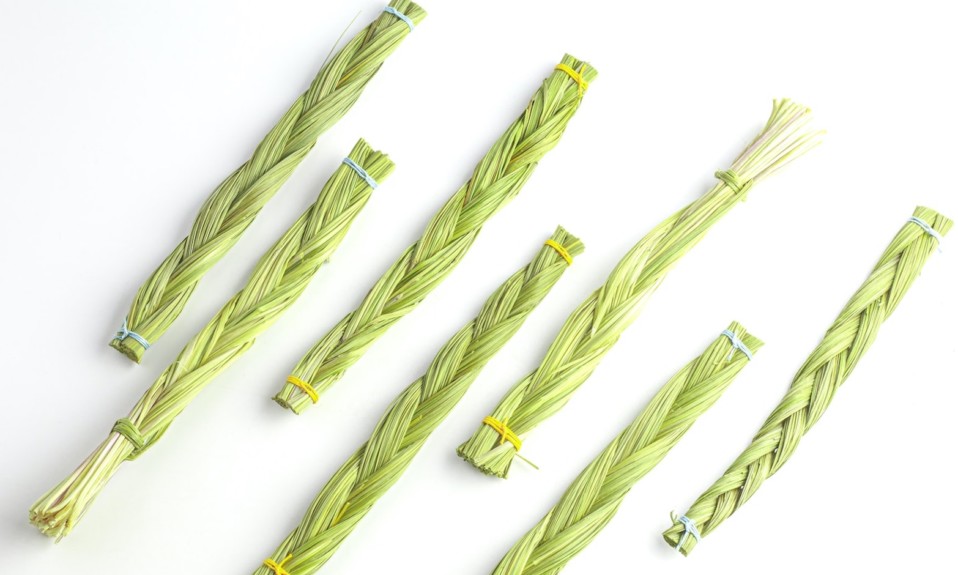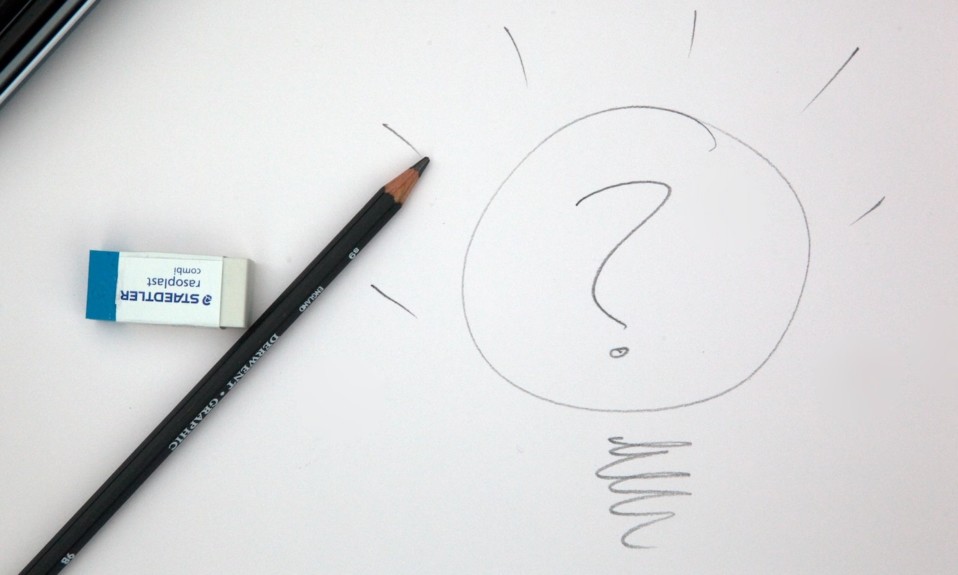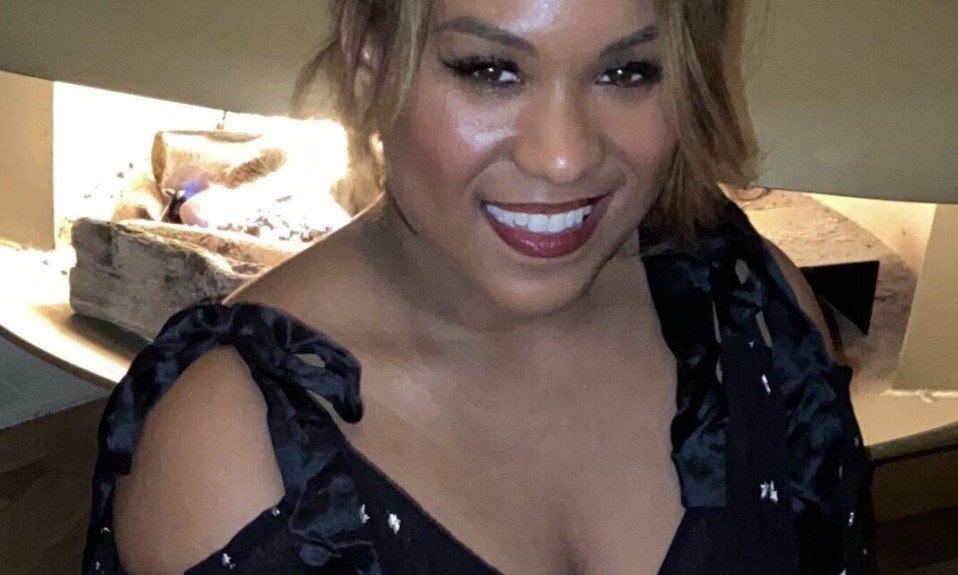We turned to MyPoint.tv for various perspectives on a topic that is the subject of great debate
By Casey Marriott
In recent years, even leading academic institutions such as Stanford University and the University of Texas at Austin have started courses and research centers dedicated to psychedelic medicine.
But how do you know if it will work for you? Psychedelic coaches Tah and Kole Whitty have facilitated numerous breakthroughs using psychedelic medicine. They say it works for many people—but not everyone.
Using Psychedelic Medicine for Addiction
Similar to conventional therapy, psychedelic medicine can require multiple sessions depending on the person. Echo Close has been using psychedelic medicine to treat alcoholism for a little over two years, but she doesn’t see it as a “cure.”
“If it was just as easy as a choice to quit [alcohol], I definitely would have quit a long time ago. But it’s definitely something deeper than it just being willpower.”
—Echo Close
“It’s a tool—that’s how I look at it,” she says, “It’s a tool to … further me and help me work through things that have got me to this point—and I think a lot of that is trauma.”
She adds, “If it was just as easy as a choice to quit, I definitely would have quit a long time ago. But it’s definitely something deeper than it just being willpower.” she says.
Although she has not yet fully recovered, she has broken her previous daily drinking routine through psychedelic treatments such as psilocybin microdosing, San Pedro cactus, and soon, Ibogaine.

Kole Whitty also has a history of addiction. At age 17, she ended up in a coma from a drug overdose. She later started experimenting with psychedelic medicine, which helped her work through the issues she believes were the cause of her addiction.
“I found that once I did some of the trauma work—once I did some of the healing for what was causing the addiction, instead of treating the symptom with abstinence—there was no addiction,” she says.
“Addiction is not a disease,” she opines. “There is disease in the system from childhood experiences, loss, death, alcoholism. … I found that as I healed those, I was set free.”
Words of Caution About Psychedelic Medicine
Following her personal success, Kole became a psychedelic educator. However, she cautions against the belief that psychedelic treatment is for everyone.
“When it comes to everyone getting involved in the psychedelic space, I would say no, like anything,” says Kole. “Not everyone functions well with other substances—everyone is bio-individual.”
“[If] any facilitator or person tells you that you should do psychedelics because they said you should do psychedelics, run in the other direction.”
—Tah Whitty
Her partner, Tah Whitty, a practitioner nurse, adds that personal circumstances can influence when someone will benefit from psychedelic medication. He initially was against psychedelics. But when he hit rock bottom, he felt he was ready. That, he says, is the key. “I’ve had people tell me that other people have pushed psychedelics on them, and a person may not feel it,” he says. “It’s really important that you know deep down in your soul and that you feel it in your gut that this is what you want to do.
“I highly recommend not doing psychedelics if your body is a no. It is time when you say it is time.”
One thing everyone agrees on: Never undergo psychedelic treatment without a professional to guide you. It should also be noted that, while research is continuing, the FDA has not yet approved psychedelic therapy for addiction. And though Oregon and some local municipalities elsewhere have decriminalized psilocybin, most psychedelics remain Schedule I controlled substances under federal law.
When Might Psychedelics Be a Viable Option?
So, how do people with addiction know if psychedelic treatment is right for them?
“Psychedelics will call on you—it will show up multiple times,” says Tah. “The best way I can explain is that the person will get the itch. They get curious, then they start to do research, then they start to feel in their body this urge to do it. And that’s usually when a person is called to do psychedelics.”
“[If] any facilitator or person tells you that you should do psychedelics because they said you should do psychedelics, run in the other direction. That is not your time,” he says.
Casey Marriott wrote this article from a series of videos on MyPoint.tv involving interviews with doctors, experts and educators on the uses and benefits of psychedelic medicine for mental health and other issues. The videos also discuss situations when someone should not use psychedelic medicine and explain how someone can evaluate when they are ready. MyPoint.tv is a storytelling platform that provides reports from and by the community, gives citizens a chance to become the media and offers journalists an opportunity to capture exclusive stories.


